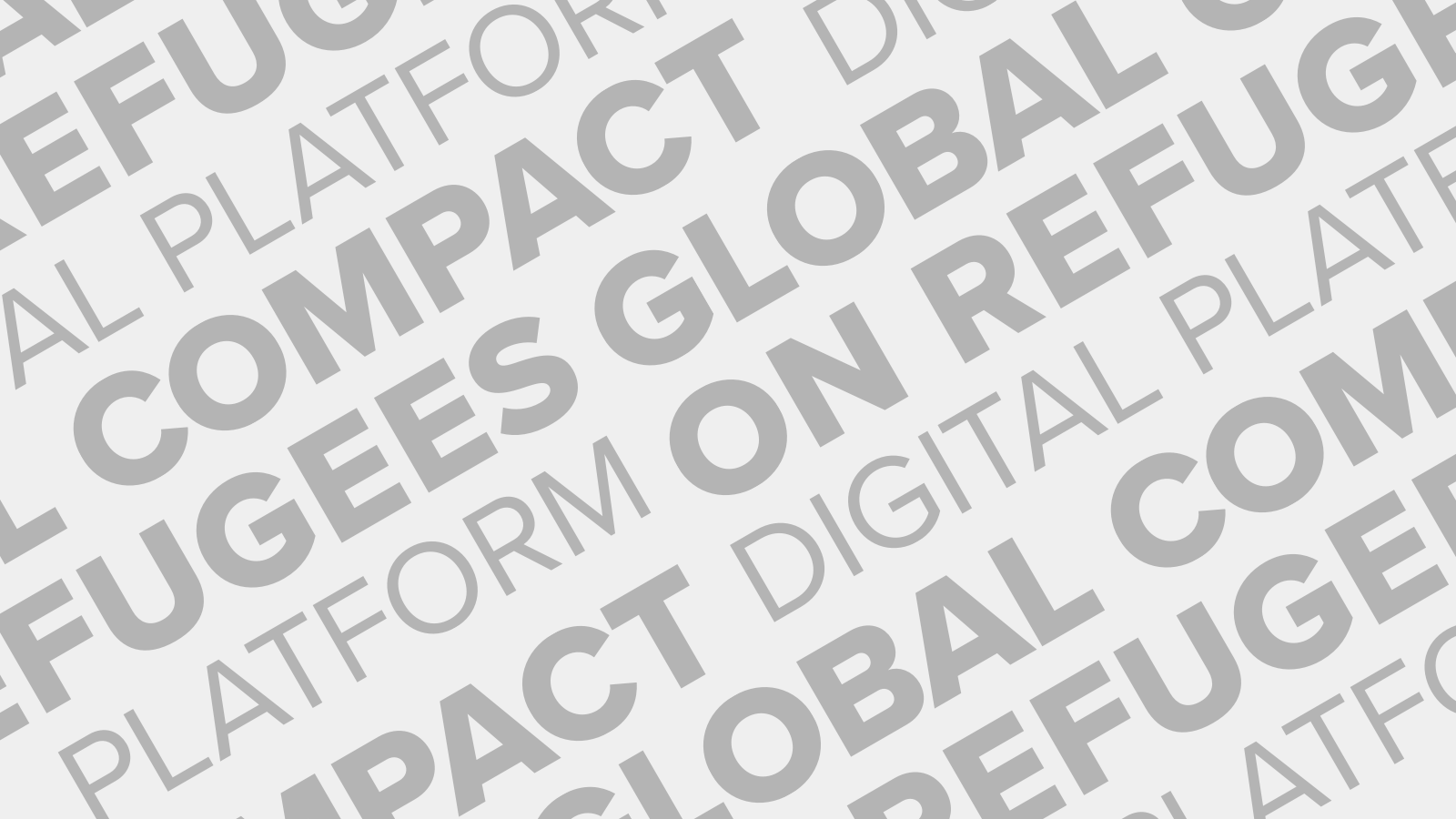The project in brief
Implemented by
UNICEF
Country
Ecuador
Description
Rumichaca is the major border point of Ecuador, receiving up to 1,500 people per day in normal circumstances. The crisis in Venezuela cause a significant rise in numbers. An average of 2,700 people passing through Rumichaca, with a peak of 5,500 people per day, was registered. This increase puts significant pressure on sanitation services available in transit centers.
When the government requested UNICEF and partners to increase sanitation facilities in Rumichaca, the Ministry of Environment observed that Rumichaca did not have a water treatment unit and was discharging grey water directly into the environment.
Considering the Sustainable Development Goals (SDGs), access to sanitation should take into consideration safe management, which includes adequate treatment of residual water.
At the same time, UNICEF encourages strong linkages between emergency response and development initiatives. In that context, UNICEF decided to mobilize resources and partners to resolve the issue of residual water, with the construction of a water treatment plant.
Main activities of the Good Practice
UNICEF and partners engaged in the following activities to achieve safely managed sanitation facilities in Rumichaca’s border transit center:
- Advocacy and awareness raising for the intervention. This was done through the local water and health coordination mechanism, coordinated by the Ministry of Health with support by UNICEF and the participation of local governmental institutions and cooperation.
- Technical feasibility analysis with the Municipality of Tulcan and its Municipal Water and Sanitation Enterprise.
- Signature of an agreement between the Municipal Water and Sanitation Enterprise and UNICEF through its partner ADRA.
- Initialization of the complementary works and acquisition of the prefabricated water treatment plant (Anaerobic Baffled Reactor type).
- Execution of the main civil works and installation of the water treatment plant, under technical supervision and formal inspection of the Municipal Water and Sanitation Enterprise.
- Transference of the operation and maintenance to the Municipal Water and Sanitation Enterprise.
- Activation of the system.
Partners
- Municipal Water Enterprise Tulcán (EMAPA-T)
- Adventist Development and Relief Agency - ADRA
Challenges and how they were overcome
The main challenges encountered during the execution of this project have been:
- Geophysical challenges: Rumichaca is characterized by its complex geophysical setting, in a mountainous area, steep slopes and a river crossing. This compromises technical options for the installation of water treatment systems which require space. This forced us to explore viable alternatives.
- Coordination challenges: Developing emergency response activities with a strong focus on sustainability and institutional engagement requires additional coordination efforts which resulted in delays in the implementation. Compromising on the coordination to accelerate the project would compromise the sustainability of the project, and for this reason UNICEF and partners decided strategically to continue with coordination efforts even if this implied unplanned delays for the project.
- Logistical challenges: The sanitation market in Ecuador did not provide the required compact treatment plant. There was a need to contact providers outside Ecuador and import the treatment plant from Colombia.
Results of the Good Practice
The Ministry of Environment pushed the local actors and cooperation towards:
- Providing an environmental friendly solution in the WASH emergency response.
- Observing the direct discharge of residual water and conditioning the installations of additional sanitation facilities by presenting a concrete answer to resolve the environmental contamination which is part of the increased migration flow.
UNICEF and its partners recognized the importance of this, decided to coordinate efforts and support the local government with the installation, operation and management of a water treatment plant. With this initiative, direct discharge of residual water to the environment will be reduced by 75%. As a result of this first project, a second phase is currently in preparatory stage to reach 100% treatment of residual water in the Rumichaca border point.
The continuous coordination and formal agreement with the Municipality beginning with the design phase, supervision of the civil works and commitment for operation and maintenance has been a key principle for this activity, to assure sustainability of this emergency response activity.




